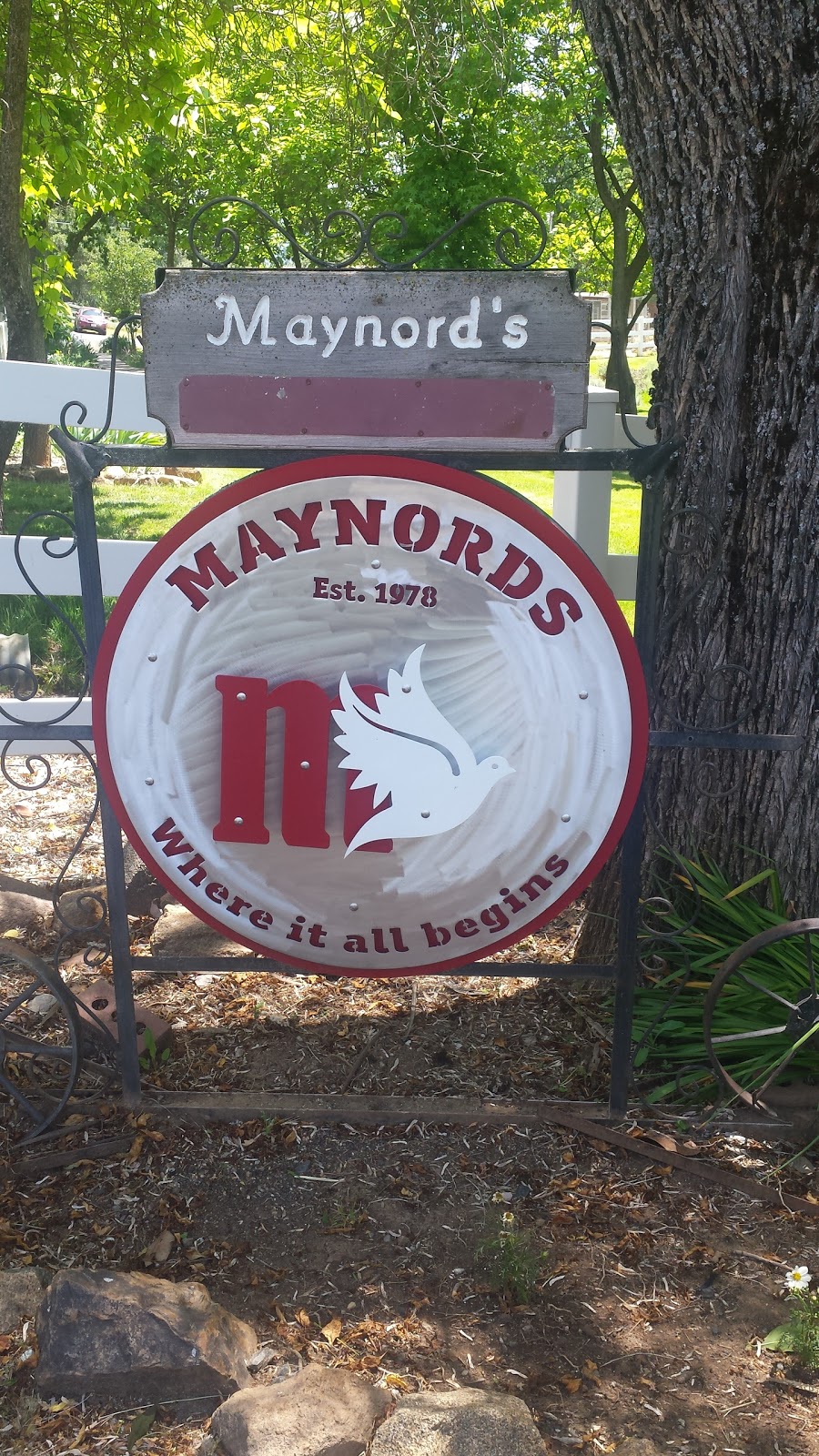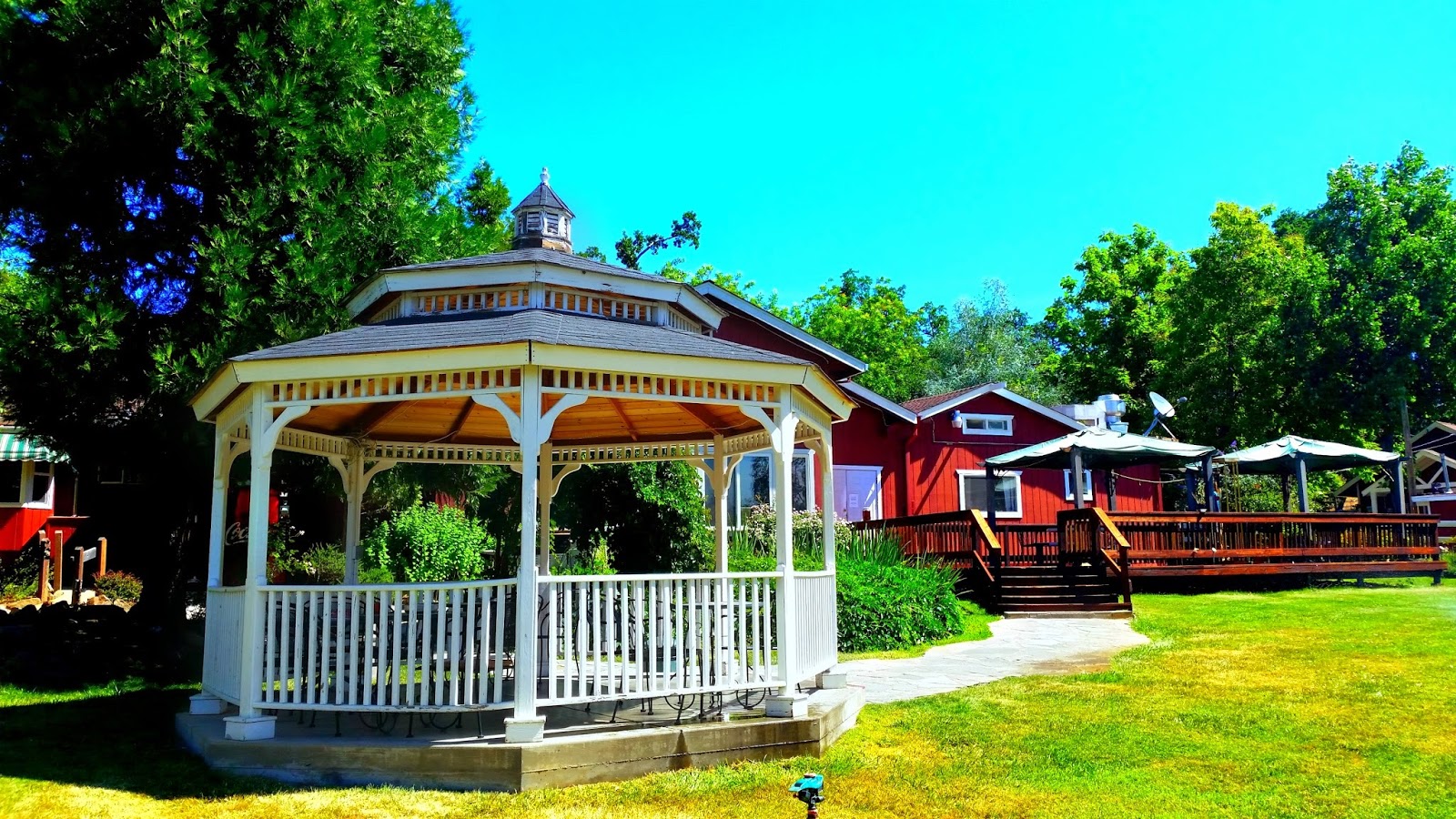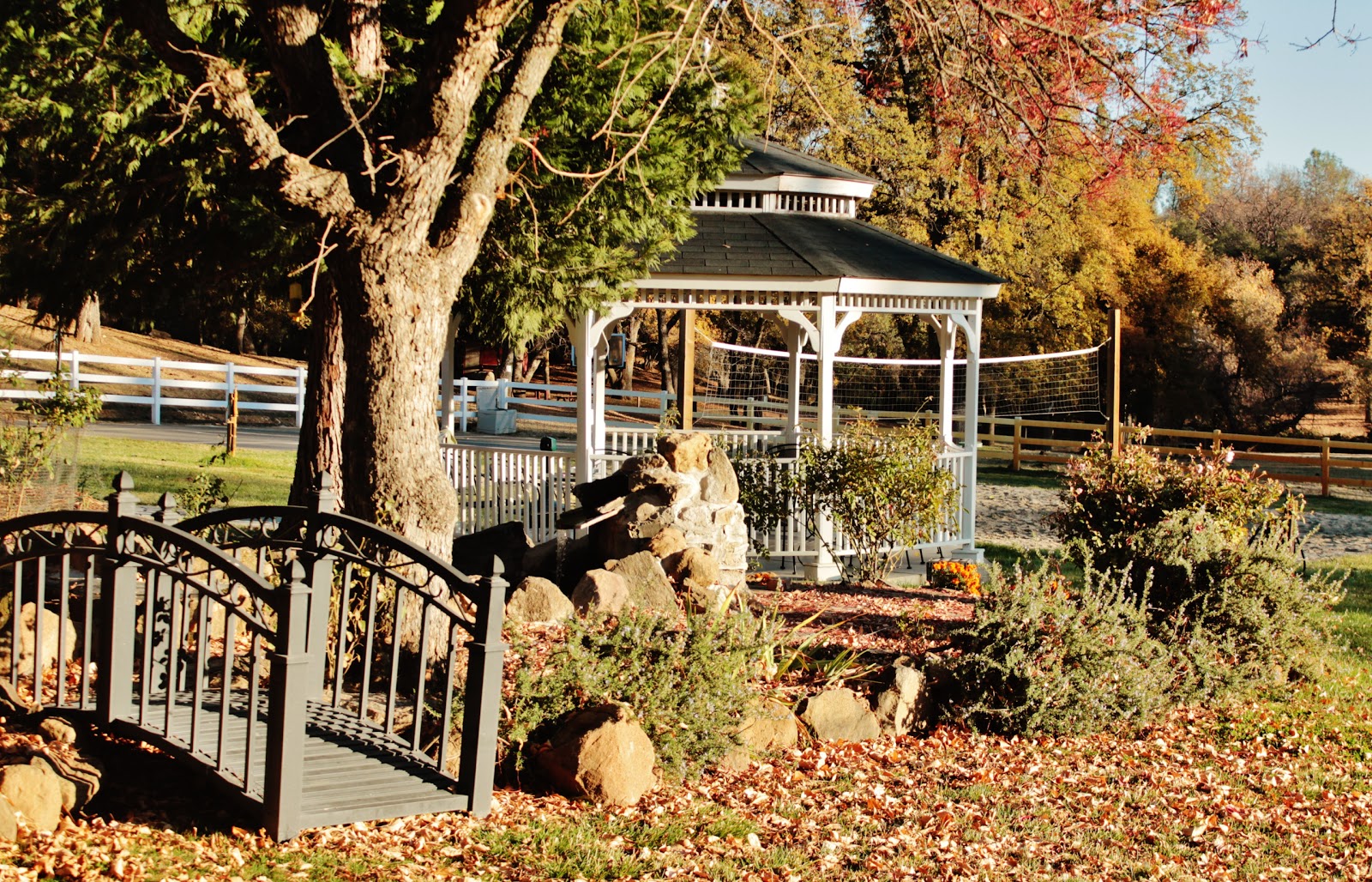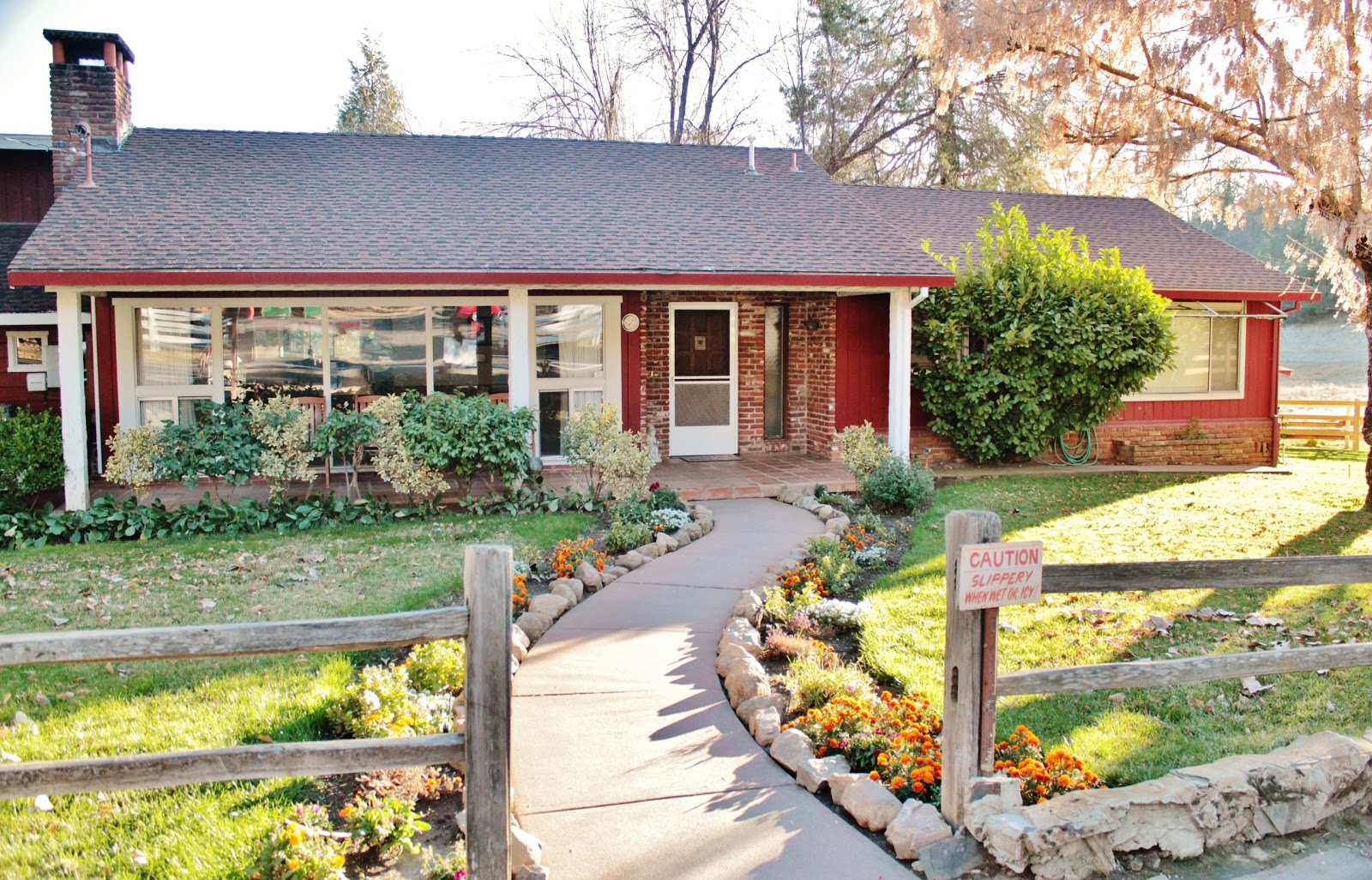Maynords Recovery Center
Overview
Maynords Recovery Center, in Tuolumne, California, provides a comprehensive approach to addiction recovery, treating both men and women with substance use disorders and addictive behaviors. Their programs offer comprehensive support through detoxification, inpatient residential treatment, sober living, and aftercare, ensuring that patients receive ongoing care suited to their specific needs. The center has no religious affiliation and accepts people from all walks of life.
Cognitive behavioral therapy, group therapy, animal-assisted therapy, anger management, and exercise therapy are all treatment options that try to address the underlying causes of addiction. Maynords Recovery Center is located in the lovely Sierra Nevada mountains, creating a relaxing setting that encourages recuperation. This family-run clinic distinguishes out because its operators have firsthand experience with the healing process. The facility is accredited by The Joint Commission, which ensures that it satisfies high standards of care.
Maynords Recovery Center at a Glance
Payment Options
- Private health insurance
- Cash or self-payment
- State-financed health insurance plan other than Medicaid
- Payment assistance (check with facility for details)
Assessments
- Comprehensive substance use assessment
Age Groups
- Adults
- Young adults
Operation
- Private for-profit organization
Accreditations
The Joint Commission:

The Joint Commission's addiction and behavioral health accreditation signifies a facility's commitment to high-quality care. It involves rigorous evaluations and assessments of clinical practices, ensuring effective, evidence-based treatment. Accreditation showcases a dedication to continuous improvement and patient safety, instilling trust among patients, families, and healthcare professionals. It's a mark of excellence in addiction and behavioral health care.
Treatment At Maynords Recovery Center

Conditions Treated
Alcoholism:
Alcohol addiction is a health problem where drinking takes control over a person's life. It affects how their brain thinks and acts, leading to strong desires to drink, bad feelings, sudden actions, and discomfort when not drinking. To help someone with this problem, there are treatments like detox, counseling, group support, and learning coping methods. While treatment can't completely cure the urge to drink, it helps people regain control of their lives and feel better overall.
Opioid Addiction:
Opioid rehabs specialize in supporting those recovering from opioid addiction. They treat those suffering from addiction to illegal opioids like heroin, as well as prescription drugs like oxycodone. These centers typically combine both physical as well as mental and emotional support to help stop addiction. Physical support often includes medical detox and subsequent medical support (including medication), and mental support includes in-depth therapy to address the underlying causes of addiction.
Substance use treatment:
Substance use rehabilitation is a comprehensive treatment approach designed to assist individuals struggling with addiction to drugs or alcohol. This form of rehabilitation addresses both the physical dependency, often starting with detoxification, and the psychological triggers, using various therapeutic methods. The objective is to empower individuals to achieve and maintain sobriety, while equipping them with the tools and coping strategies needed to reintegrate into society and lead a substance-free life.

Levels Of Care
Detoxification:
Detoxification, often called detox, is like a reset button for the body after someone has been using drugs or alcohol. Its main job is to help people who want to quit these substances by easing the discomfort they might feel when they stop. Think of it as a way to clean out the harmful stuff in the body when someone has been using drugs or alcohol too much. Detoxification aims to make the process of quitting safer and less painful for the person.
Halfway house:
A sober living home is a residential facility designed to support those recovering from substance abuse. Unlike inpatient rehab centers, it doesn't offer constant medical supervision but emphasizes a drug-free lifestyle. Residents adhere to set rules, such as curfews and mandatory group meetings and are often subject to random drug tests. The environment balances independence with accountability, helping residents reintegrate into society, build coping skills, and maintain sobriety while surrounded by peers who share similar recovery challenges.
Hospital inpatient treatment:
Inpatient treatment involves an intensive, residential therapeutic program designed to treat serious addictions or other medical conditions. With a typical stay ranging from 30 to 90 days, individuals receive a structured regimen of various therapies including individual and group counseling, behavioral therapies, and family counseling. Under professional supervision, patients immerse themselves in a supportive environment, conducive to addressing underlying issues and promoting long-term recovery.

Treatment Modalities
12-step facilitation:
12-Step Facilitation is a structured approach to recovery used in many rehab facilities. It's rooted in the principles and practices of Alcoholics Anonymous (AA) and its 12-step program. The facilitation process promotes abstinence and supports individuals in becoming actively involved in 12-step self-help groups. The approach emphasizes personal responsibility, spiritual growth, and the importance of peer support to maintain sobriety and prevent relapse. By guiding individuals through each step, 12-step Facilitation aids participants in understanding the underlying causes of their addiction, seeking amends, and fostering a commitment to lifelong recovery.
Family counseling:
Family Counseling is a therapeutic approach that seeks to address and improve communication, understanding, and dynamics within a family unit. By addressing conflicts, emotional distress, and behavioral challenges, a trained therapist provides guidance and tools for family members to strengthen bonds, resolve issues, and foster a healthier family environment.
Experiential Therapy:
Experiential therapy is a form of therapy in which clients are encouraged to surface and work through subconscious issues by engaging in real-time experiences. Experiential therapy departs from traditional talk therapy by involving the body, and having clients engage in activities, movements, and physical and emotional expression. This can involve role-play or using props (which can include other people). Experiential therapy can help people process trauma, memories, and emotion quickly, deeply, and in a lasting fashion, leading to substantial and impactful healing.
Holistic Treatment:
A holistic approach encompasses a "whole person" perspective in treatment, emphasizing the interconnectedness of mental, physical, and spiritual health. At its core, holistic therapy believes in the seamless integration of an individual's body, mind, emotions, and spirit. In the context of addiction recovery, this approach ensures that the entire person is catered to, rather than isolating a specific symptom or behavior. Holistic treatments aim to enhance the individual's complete well-being instead of merely addressing isolated issues.
Contact Information
DISCLAIMER: The facility name, logo and brand are the property and registered trademarks of Maynords Recovery Center, and are being used for identification and informational purposes only. Use of these names, logos and brands shall not imply endorsement. BetterAddictionCare.com is not affiliated with or sponsored by Maynords Recovery Center.
